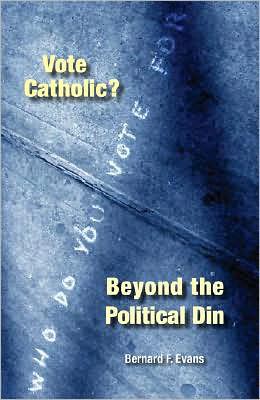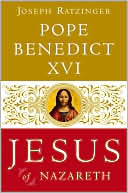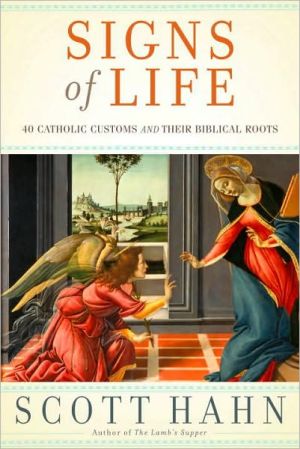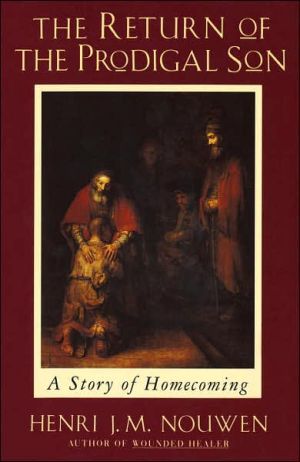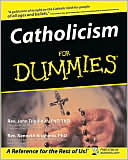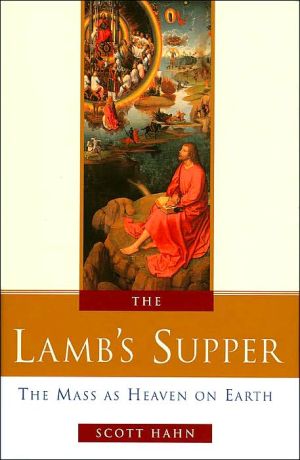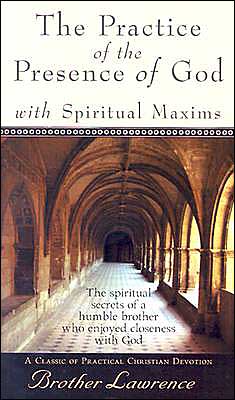Vote Catholic?: Beyond the Political Din
Voting your conscience can be a challenge. In our emotionally charged political environment, many people are asking about the role of faith in elections. Of course, faith should inform the political choices we make and the way we use our time to try to improve the world. It seems the loudest Catholic political voices fall in one of two choruses-that of "the left," advocating for social justice issues, and of "the right," claiming abortion as the single most important issue. In Vote Catholic,...
Search in google:
Voting your conscience can be a challenge. In our emotionally charged political environment, many people are asking about the role of faith in elections. Of course, faith should inform the political choices we make and the way we use our time to try to improve the world. It seems the loudest Catholic political voices fall in one of two choruses-that of "the left," advocating for social justice issues, and of "the right," claiming abortion as the single most important issue. In Vote Catholic, Bernard Evans helps us get beyond the sometimes deafening din of these choruses. He takes us to the heart of an important third voice-Catholic social teaching-and shows how this teaching can inform Catholics as they wrestle with political choices. Without putting forward a particular platform or advocating particular candidates or positions, he presents a clear set of principles from the teachings to guide our decision-making process. With special attention to the Catholic position on life and human dignity, Evans shows that the issues and the solutions are more complex than our "headline news" world suggests. Complex though the issues are, Evans's straightforward presentation will help readers go to the polls with faith and confidence. Publishers Weekly This effort to bring clarity to the question of how Catholics should vote is aimed at dispelling the notion that certain issues-abortion in particular-carry more weight than others when Catholics cast their ballots. Evans, who holds a chair in rural social ministries at St. John's School of Theology in Collegeville, Minn., begins by saying that religion and politics can and do mix. However, he insists that focusing on a limited number of issues distorts overall Catholic teaching on the subject of voting. He suggests that Catholics take a wider view by considering such things as the living wage, capital punishment, health care, education, immigration, housing and public assistance, all of which he sees as related to the church's strong position in defense of the dignity of human life. Evans bases his premise on "Catholic social teaching" and cites various church documents, including statements of the U.S. Conference of Catholic Bishops. This teaching, he posits, invites consideration of the needs of the larger community, the protection of human life and the promotion of the interests of the poor and marginalized when participating in an election. While some readers will appreciate his more broad-brushed view of the political landscape, others will be troubled by Evans's reluctance to make certain issues nonnegotiable. (Mar.)Copyright 2007 Reed Business Information
\ Publishers WeeklyThis effort to bring clarity to the question of how Catholics should vote is aimed at dispelling the notion that certain issues-abortion in particular-carry more weight than others when Catholics cast their ballots. Evans, who holds a chair in rural social ministries at St. John's School of Theology in Collegeville, Minn., begins by saying that religion and politics can and do mix. However, he insists that focusing on a limited number of issues distorts overall Catholic teaching on the subject of voting. He suggests that Catholics take a wider view by considering such things as the living wage, capital punishment, health care, education, immigration, housing and public assistance, all of which he sees as related to the church's strong position in defense of the dignity of human life. Evans bases his premise on "Catholic social teaching" and cites various church documents, including statements of the U.S. Conference of Catholic Bishops. This teaching, he posits, invites consideration of the needs of the larger community, the protection of human life and the promotion of the interests of the poor and marginalized when participating in an election. While some readers will appreciate his more broad-brushed view of the political landscape, others will be troubled by Evans's reluctance to make certain issues nonnegotiable. (Mar.)\ Copyright 2007 Reed Business Information\ \
